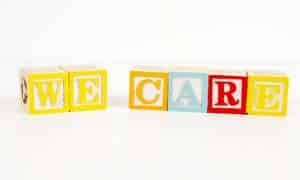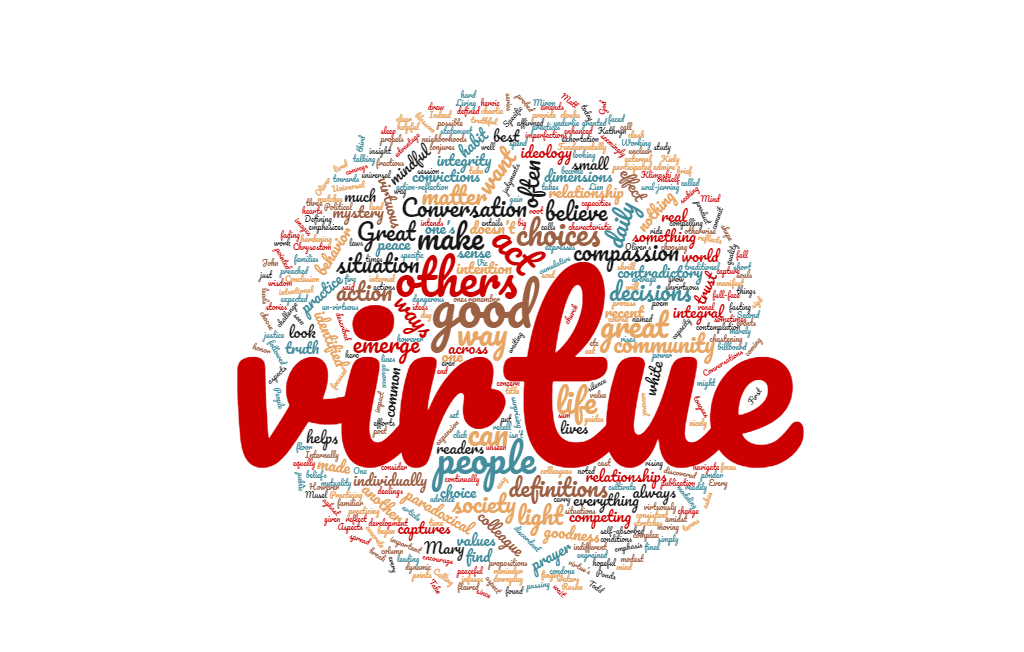
For those new to Islam, observing Ramadan for the first time can inspire a host of different emotions. Many converts are well-informed and supported and feel excited to dive right into the holiest month. Others find themselves alone and uncertain and might feel apprehensive or confused. Some Muslims are unable to fast due to health issues, making them feel isolated or spiritually inadequate.
No matter what the situation, the prospect of abstaining from food and water during daylight hours for a whole month can seem daunting to people who have never done it before.
There are ways new Muslims can adjust to the challenges, handle the emotions, and reap the numerous blessings of Ramadan. I spoke with three converts who shared their memories, first hand experiences, and tips.
She found happiness at the masjid with fellow converts
Eva Sasa was born in Milan, Italy, and her family immigrated to Rhode Island when she was fourteen. She embraced Islam in college in 1999 and married her husband shortly after that.
“My first Ramadan was extremely special,” says Eva. “First of all it was during the shortest time of the year so when I got home from classes I would break fast with my husband’s family and we would head to the mosque for taraweeh prayer. As someone who spent many hours of her life in international airports, I had always felt in awe of the diversity God had created in people. Praying in rows of people from across the continents of the world felt like I was finally part of God’s family, and I felt this rush of gratitude I still feel every day when I go to work at the Islamic school, attend jummah prayer, or participate in any masjid or community events.”
“My parents were still very unsure what it meant that I had chosen this path,” explains Eva, “but they didn’t outwardly express any negativity or try to convince me otherwise. My husband’s large family was very supportive. My sisters- in-law took time to teach me duas, prayers, and included me in the preparation of favorite Syrian iftar dishes. There was also a small but beautiful group of convert women who took me into their fold and were sisters to me, to this day holding each other’s hearts.”
When asked if she had any advice or tips for new Muslims who will be fasting for the first time this year, Eva shared, “I think it is important to locate your convert group. They will understand your experience more than anyone else. You will get used to fasting, and there are wonderful resources on choosing your suhoor wisely. As opposed to my pre-Google convert years, there are resources at your fingertips.”
“But my biggest advice,” says Eva, “is to establish a relationship with the Quran. Find a Quran that includes the Roman transliteration and the translation that you can connect with (they are based on scholarly interpretations) and find a reciter that moves your heart. Set the speed on YouTube to 75 and follow along with the translation, pausing to check the transliteration to make sure you are still about at the same place. This builds a relationship with the words that God sent through Gabriel to our Prophet Mudhammad, peace be upon him.”
“You also begin to develop an ear for Arabic,” says Eva. “It takes time, and everyone has a different season. When my children were babies, I would have my husband take them so I could read my juz (one of thirty parts of varying lengths into which the Quran is divided) for the day.”
“Also purchase a little journal-type notebook from the store and write down all your duas,” advises Eva,“for your family, friends, global prayers, personal prayers. I add prayers to them when people ask me to pray for them. This way, especially the last ten days, I can read through the pages of prayers, remembering everyone.”
Unable to fast, she helped others in need
Shaylene Haswarey, a convert who lives in Oregon, shares, “I was pregnant during my first Ramadan. Unfortunately, I was unable to fast because I was going through the morning sickness phase, and since it was my first pregnancy, I thought if I fasted, my baby would be harmed. Since I was a new Muslim at the time, I thought it was haram to fast during pregnancy. I was so tired during that time I never woke up with [my husband] Asif to at least experience suhoor.”
“Instead of fasting, and when I wasn’t sick, we joined a group of Muslims to help Kosovar refugees during Ramadan,” says Shaylene. “We hosted a family during Eid, and I got the kids gifts and it was fun seeing their bright faces. It was also a humbling experience. The sisters in the community said it was tradition to buy a new Eid outfit. I was excited about finding a dress, like going to a prom. I bought a fancy Indian outfit for Eid, and I was wearing the dress when the mom and kids came over. They also saw my hair, and the mom said she and her family had all gotten lice at the refugee camp and had to cut off their hair. I grew up poor, but I never experienced a fraction of what they went through. I felt so bad wearing my Eid dress without my hijab on in front of them. I realized how fortunate I was.”
“The family we helped was a mom and dad with four kids,” says Shaylene. “The dad was a dentist. Long story short, after Eid, they found out their house was not bombed, and we got funds to send them back to Kosovo, Alhamdulillah!
Looking back, although I didn’t fast, it was a great month of volunteer service that I never experienced during any other Ramadans I have had since!”
He had the support of his in-laws and learned along the way
Eric Maase of Massachusetts embraced Islam thirteen years ago. He says, “My first Ramadan included fasts that were around fifteen hours long. I don’t really remember worrying a lot as the month approached, except being concerned about thirst more than hunger. In hindsight, I should have prepared more, by fasting some of the recommended days during the Islamic month of Shaban (Mondays/Thursdays and 13th, 14th, 15th of the month).”
“During my first Ramadan, I did not go to the masjid more for prayers, but was mostly home, so I didn’t get the same feeling as I have come to enjoy later with taraweeh prayers and breaking the fast,” says Eric. “I was with my in-laws, and they were very supportive. Everyone was fasting and they made sure to look after me and make sure I was doing well. Suhoor was prepared and ready, I was helped to complete prayers properly, and just overall we were all together throughout Ramadan.”
When asked for tips for new converts, Eric says, “Just focus on each day, remember while you are fasting – that you are truly blessed to be able to do so,
and not so much that you have to do so. Enjoy the feelings during the moments in the month where you remember Allah more, are reminded, and feel thankful more, and you truly will not feel hunger or thirst.”
“Practical tips include eating foods that you will digest slowly through the day (oatmeal for example), lower your caffeine consumption before you get to Ramadan (so you avoid caffeine headaches!), make sure to drink plenty of water between iftar and suhoor, but I would suggest drinking small amounts over time and not all at once at suhoor!” says Eric. “Try not to overeat at iftar. Remember the hadith– 1/3 liquid, 1/3 food, 1/3 air.”
“I also very much recommend going to the masjid to break your fast and pray,” concludes Eric. “Being among the community during Ramadan provides a sense of connectedness and togetherness that is not the same as other times.”
All of the converts I interviewed enjoyed the support of a spouse and/or in-laws during their first Ramadan. What about Muslims who don’t have family members to share the holy month with?
If you think you will be spending Ramadan alone, I highly suggest you visit a local mosque, even before Ramadan begins, if possible. Find out when community iftars and taraweeh prayers will be held, whether there will be any classes for new Muslims, and if the mosque can partner you with a mentor.
Even though it might take courage to go to the mosque for the first time, immersing yourself in the local Muslim community is the most likely way to reap the benefits of Ramadan. It is much more pleasant and blessed to break your fast with other Muslims. Also, praying shoulder-to-shoulder in congregational prayers is a wonderful way to feel the warmth of brotherhood/sisterhood.
If this is your first Ramadan, I pray Allah will bless you with patience, God-consciousness, a welcoming Muslim community, and a deeper connection with your Creator.


